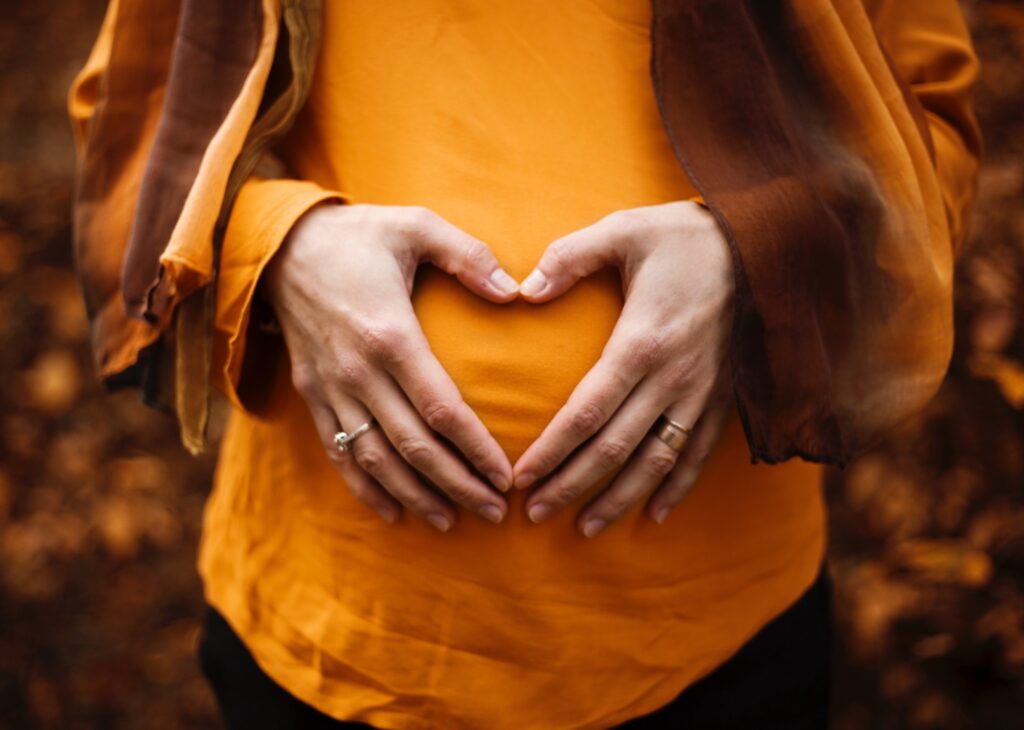Surrogacy Pregnancy and COVID-19: 5 Things You Need to Know


Information concerning how COVID-19 may affect pregnancy still raises a cloud of uncertainty. As COVID-19 was declared a national pandemic by the World Health Organization in March, there has been insufficient data on how the novel virus would affect surrogates who are nearing the end of their pregnancy term. Understandably, surrogates may have numerous questions regarding their pregnancy during these unprecedented times.
1. Are pregnant women at a higher risk for contracting COVID-19?
The short answer is yes, but pregnant women are prone to many types of illnesses, not just COVID-19. Due to the fact that a woman’s respiratory and immune system changes during pregnancy, these bodily changes put pregnant women in a high-risk group for COVID-19.
2. Will COVID-19 put a pregnancy at risk?
It is possible, but remember, it is about the symptoms. For example, high fevers during the first trimester can increase the risk of some birth defects. In medical reports of pregnant women who contracted other related coronaviruses, such as SARS, in the first trimester, it was reported that 4 out of the 8 pregnancies resulted in a miscarriage. In sum, more research and studies need to be performed in order to see how COVID-19 affects pregnancy.
3. Is it possible for pregnant women to pass the virus to the fetus or newborn?
It is not likely. According to the CDC (Centers for Disease Control), COVID-19 is spread predominantly by close contact with an infected person through respiratory droplets. While vertical COVID-19 transmission to the fetus is still inconclusively known, in recently published peer-reviewed literature, no infants tested positive for COVID-19.
4. Are infants born to women with COVID-19 at increased risk for adverse outcomes?
It is possible, but there are conflicting opinions between experts. It is too early to determine the consequences for infants born to women who contracted COVID-19. Some reports of infants born to women who tested positive for COVID-19 have given birth to healthy babies. However, according to the CDC, based on some case reports, adverse outcomes have been reported among infants born to women who tested positive for COVID-19, such as preterm birth and low birth weight.
5. Is it permitted for pregnant women to travel?
Use your best judgment. Pregnant women should consult with their physician. Travel factors to consider trimester period, any surge in COVID-19 cases to the state or country traveled to, and if there is adequate medical care at the destination.
